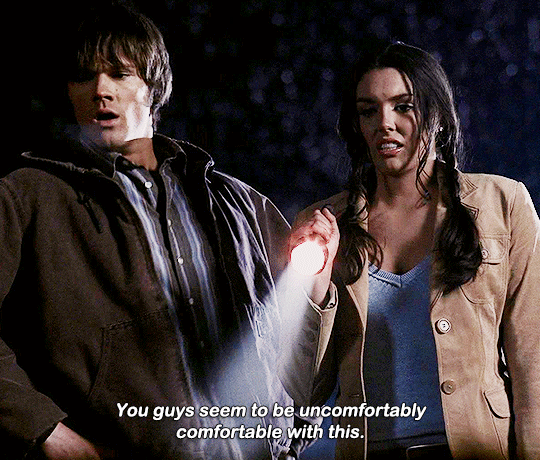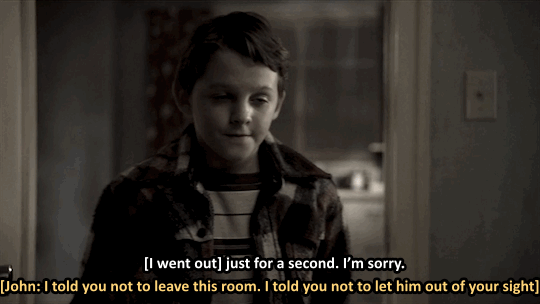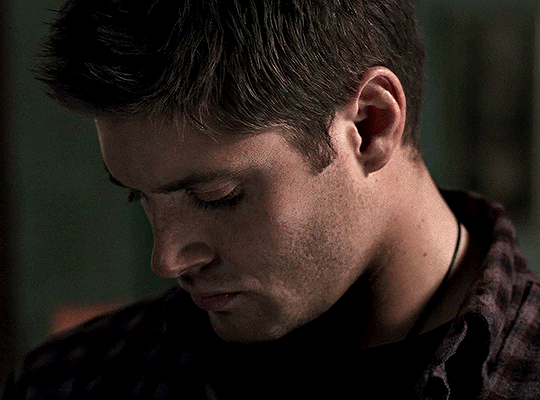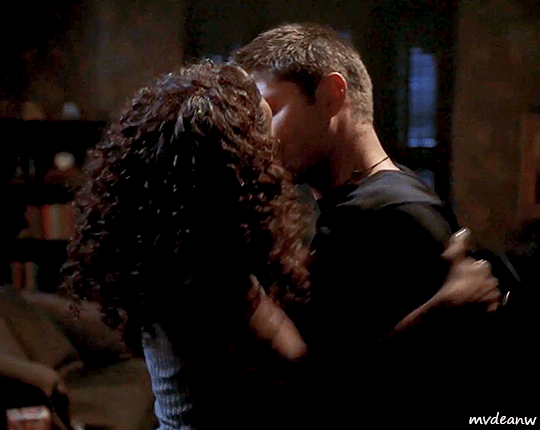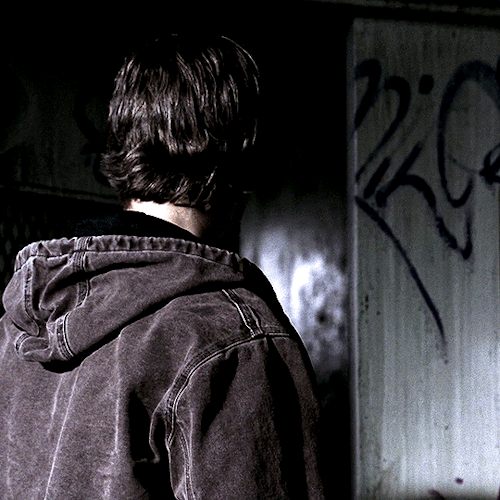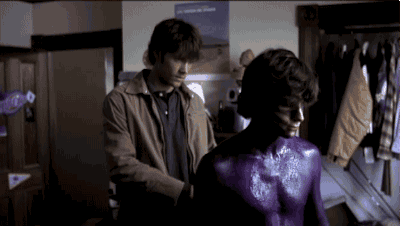
It’s his birthday today.
Like a lot of artists whose music I own (I still like to own music: will never give it up), Waylon Jennings is on almost constant rotation. He’s always there. In playlists, first of all, but also … he recorded so much, and I have all of it, so even on Shuffle, he’s usually present. His voice touches me for some reason I can’t quite describe in words. I’ve tried. Maybe it’s his openness: you can feel it. There’s not much bullshit there, in terms of ego or facade, although he obviously had both – in spades, at times. He was frustrated (understatement) with the conservative restrictions Nashville (i.e. the country music establishment) put on him – put on everyone – down to the kind of sound you were “allowed” to use, the kinds of instruments that were “acceptable” – not to mention your own personal lifestyle. Jennings was not down with all of that. He came from a mix of musical backgrounds. Born in Texas, and befriended by Buddy Holly when he was just a teenager … rockabilly was obviously a major influence. It was how he got his start. But the “abilly” part of “rockabilly” is the country influence, the mix of genres which all these guys created. It was a revolution and he was part of it. He did do the strict “country thing” for a bit, and he’s a wonderful country singer/songwriter, but he also had a big folk music influence on him – and he marketed himself as a folk artist – his first album was called Folk Country. It was a sign of things to come. He was about to shake things up in country music in a major way, and country music would never really be the same.
A word about that: When rockabilly started to rise in the ’50s, with Carl Perkins, Jerry Lee Lewis, Elvis, Buddy Holly … the country music industry panicked. It was really Elvis who caused the panic, although it probably started with Carl Perkins’ “Blue Suede Shoes” – a MONSTER hit. Then Elvis came along, and in a matter of a couple of months he had something like 4 or 5 songs in the Top 5 on every chart – pop, r&b AND country … a sure sign that the boundaries between genres were dissolving. Country fans (i.e. white people) were buying rhythm & blues records, rhythm & blues fans (i.e. black people) were buying rockabilly records, and all these rockabilly boys were buying country music, and many had set out to be country-music singers in the first place, since “rockabilly” didn’t really exist as a “thing” and r&b was seen as for/by black people. So the mashup that began – with the dovetailing of these three styles, and throw in a little gospel too, had huge appeal, and that appeal crossed cultural and racial lines. Nashville panicked. THIS wasn’t country music!! Nashville’s response was racist in nature: some said it explicitly, some just implied it, but the message was clear: Some of this stuff just sounds too … black. (Little did they know that Ray Charles would come along down the line, and his Grand Ole Opry/Hank Williams influence was so strong, he made inroads into the country establishment, recording some stuff in Nashville. But that was in the future. In the ’50s, there was resistance to racial blending, in art, in politics, in the real world – but with music, the blending couldn’t be held back. You can’t segregate the airwaves.) Anyway, it was a confusing time for “the suits” and they ended up basically banning Elvis from their charts – and a couple others too – but it was mostly Elvis since he dominated their charts. This affected people like The Everly Brothers too – who were also “banned” even though their style has so much country in it. It wasn’t like a decree came down, but Nashville saw how Elvis was all over their charts in the 1, 2, 3, 4, 5, 6 slots and they had none of it, and so shut him out. Country music put up a wall around itself to shut out progress and change. Faron Young, a singer-songwriter, observed: “Elvis vaporized country music,” a comment I’ve never forgotten.

Jerry Lee Lewis, Carl Perkins, Elvis, Johnny Cash
Waylon was a teenage DJ in the mid-1950s, caught up in the rockabilly thing (he was fired from a couple of DJ gigs for playing Chuck Berry and Little Richard. So you see the landscape). He was taken under the wing of Buddy Holly, and he ended up touring with them (he was on the “Winter Dance Party Tour”, the one where Buddy Holly, Ritchie Valens and The Big Bopper – including everyone else on board – was killed). But he was coming into an era – the 60s – when country music calcified, or at LEAST was not open to “the new” at all. It was their way or you didn’t get radio play.
“They wouldn’t let you do anything. You had to dress a certain way: you had to do everything a certain way…. They kept trying to destroy me…. I just went about my business and did things my way…. You start messing with my music, I get mean.”
— Waylon Jennings
Waylon made albums, had some quasi-hits, but eventually he shattered the wall by going “outlaw”, going rogue, with others, including, crucially, Willie Nelson. The two of them – who most decidedly did NOT “fit in” – took country by storm, as well as “crossed over”. They did a number of albums together. The country music industry wobbled on its foundations. This was the 70s.

Eventually, Waylon rejected the “outlaw” label -it was becoming too kitsch, too much of a “brand” – and country music in many ways retreated. The rise of Garth Brooks – whom I do like – represented a slick and polished version of the music … not much “outlaw” stuff going on there, right? He was a “good boy” as opposed to a “bad boy.” And his fan base, albeit huge, did not want to grow with the times. I mean, they all threw a bitch-fit when he wrote “We Shall Be Free” which included the lyrics “When we’re free to love anyone we choose…” Okay, fine, be a bunch of backwards bigots. Watch the world pass you by. Country is again revitalizing, although it is still mainly white (at least in the mainstream: get out of the mainstream and there’s all kinds of other stuff happening) … but people like Miranda Lambert (and the Pistol Annies), Blake Shelton – bringing in a refreshing breath of bad-boy air into the environment, and the mega-star and crossover wonder boy, Eric Church, who has a Waylon-type stature as well as Waylon-type trajectory – are kicking ass, and reaching people outside the country-music-belljar. Eric Church looked around at the country music industry and was like, “Oh fuck these goody-goodies, I’m going on the road.” And now he’s one of the biggest stars in the world. He fills stadiums in Germany, Scotland, all over.

I’ll get to Eric Church in a bit.
Waylon was a hard-living man, who drank, chain-smoked, was addicted to amphetamines in the 60s and 70s. His health was ravaged. He married four times – and the last one – to singer Jessi Colter – “stuck.” She was with him to the end. They did a number of duets together: go to YouTube and find them. As I said, there’s an openness in Waylon’s voice – a depth of tone – and this lends itself beautifully to duets. There’s so much FEELING there, and the feeling – the tenderness – is unexpected with someone who looks so WILD. Hearing him sing with a woman, his loving-ness, his openness to her … it’s tender, and pained, and human. He was a flawed man, and the best of country music is all about acknowledging your flaws. Everyone’s a fuck-up in country music. Nobody’s perfect. The songs are filled with mistakes, ruined lives, alcoholism, infidelity, bad choices, violence, regrets … You don’t feel so alone when you listen to it. We could use a little more of that today. Self-empowerment positive messages are fine, and in some cases necessary. But as a grown adult woman, with miles of bumpy road behind me, I gravitate towards flawed people, people who have made mistakes, and hopefully grown from them – but maybe not grown from them, maybe they’re just haunted (I mean, listen to George Jones) and their art is their way of dealing with being haunted. This is the stuff I love. This is where I feel, as the kids say, “seen.”
One of the first songs he recorded, I’m pretty sure he was still a teenager, was “Jole Blon”, with Buddy Holly and Tommy Allsup on guitars, and King Curtis on sax. HISTORY.
The death of Buddy Holly was a formative moment for Waylon Jennings. Buddy Holly was a big-brother figure, a mentor, an early supporter. Here they are together, in Grand Central Station, just a little over a week before the plane went down.


Waylon was on that tour, and he gave up his seat on the flight to someone who had the flu (the tour busses were freezing cold). As they parted, Buddy Holly joked, “Hope your bus freezes your ass” and Waylon said, “Yeah, well, hope your plane goes down.” All in fun, just a joke. Waylon carried guilt for the rest of his life about the whole thing. He wrote multiple songs about Buddy Holly, the first one being “The Stage”, not only for Buddy Holly, Ritchie Valens and the Big Bopper, but also Eddie Cochran, killed in a car accident in early 1960.
He also would perform medleys of Buddy Holly songs in his concerts. Here’s another tribute song he wrote called “Old Friend.” It’s so sad.
One of his first real hits was “Only Daddy That’ll Walk the Line” – which holds up, as all his stuff does. It’s one of my favorite Waylons. Here he is performing it on the Johnny Cash Show. The two of them were roommates for a time. That had to be a crazy fucking apartment, let me tell you.
See how cleancut he was! There’s a rockabilly swoop to his greased-up hair, but he’s all buttoned up. The man was FINE … and has an uncanny resemblance to my Window Boy, particularly in the first photo booth picture posted above – it’s almost eerie – that’s what he looked like when I met him, a gorgeous RAKE – so there’s a visceral response there. But it’s hard to square young Waylon with the long-haired cowboy he became not long after. Then came the breakthroughs. Like he said above: being told what to do with his music made him mean. His declarations of independence came with great albums called things like Ladies Love Outlaws and Lonesome Or’nry and Mean. He was NOT “family-friendly”. His song “Are You Sure Hank Done It This Way” couldn’t be more clear. It’s an indictment. It’s a callback to country’s real roots … to Hank Williams … saying “Yeahhhh, I don’t know what you all are doing with your countrypolitan sheen, but Hank didn’t do it this way.”
I love that song so much.
Now we come back to Eric Church:
34 years after Waylon called up the ghost of Hank to shame country music into remembering its roots, Eric Church came out with “Lotta Boot Left to Fill”, which refers back to Waylon’s song, and then further back to Hank, re-establishing the continuum. It’s an indictment. Eric Church has said the song criticizes the country-music big-wigs who refuse to accept the “new” – which Church, with his rock and metalhead influences – his bad-boy un-family-friendly sex-pot stoner vibe – represented. In other words, “Lotta Boot Left to Fill” is the words of country fans who reject him. Honestly, the song could go either way. When I first heard the song, I put it in line with all of the other songs Church has written criticizing Nashville. He’s an outsider. The FANS picked him, not the “suits”, and the “suits” are happy to make that money, but deep down they resent outsiders who come in and shake things up.
Regardless, here is Eric Church’s rager of a sequel to Waylon’s song about Hank Williams, where he sings:
“I don’t think Waylon done it that way
And if he was here he’d say “Hoss, neither did Hank!”
Jennings and Willie Nelson were soulmates, and the clips of them performing together are wonderful. You can feel the mutual regard, the appreciation. Their voices are so different but they blend together beautifully. Here they are performing “Good-Hearted Woman”.
Oh, and wait, detour to duet with his wife, Jessi Colter.
Then the outlaw thing started to lose its appeal. Once everyone jumped on the bandwagon … once country music was transformed, with Waylon, Willie and others injecting some wildness into it, opening up the sound … Waylon got sick of it. He wrote a song called …
“Don’t You Think This Outlaw Bit’s Done Got Out of Hand?”
LOL.
You know that I couldn’t let this post end without mentioning this song …
“Nobody Knows I’m Elvis”
You can practically hear the smile in his voice.
And who can forget his cameo in Follow That Bird, where he sings a duet with Big Bird, and he’s so easy and focused, you never for once remember Carroll Spinney is inside that suit.
Plus he also appeared on Sesame Street, which I find so touching.
In the mid-80s, he and Johnny Cash, Willie Nelson, and Kris Kristofferson created a “supergroup” called The Highwaymen (another term for “outlaw”). They put out a couple of albums, and I remember watching them play at Farm Aid in 1993.
I’ll close this up but hopefully you’ve had fun watching and listening to these clips.
One of my favorite genre of song is what I call the “Bad Sport” breakup song. Songs about breakups that are not sad and regretful, mournful and longing, but pissed, and a little bit petty. Being a bad sport is just as honest as saying, “I miss so-and-so, my heart hurts.” I love the songs that are like, “I’m better off without you anyway.” (Kelly Clarkson is a master at this kind of song.)
I love Jennings’ hilarious cover of “You Can Have Her.” Every time the huge angelic chorus comes in, it makes me laugh.
He’s not just singing the song alone. He’s so over this broad who did him wrong he calls in in the big guns, the gigantic chorus is there to back him up in his Kiss Off.
Happy birthday, Waylon. I haven’t even scratched the surface here. Even your name is slightly epic, since it evokes so much. There’s only one of you. To this day, if you say the name “Waylon” everyone knows who you mean.







